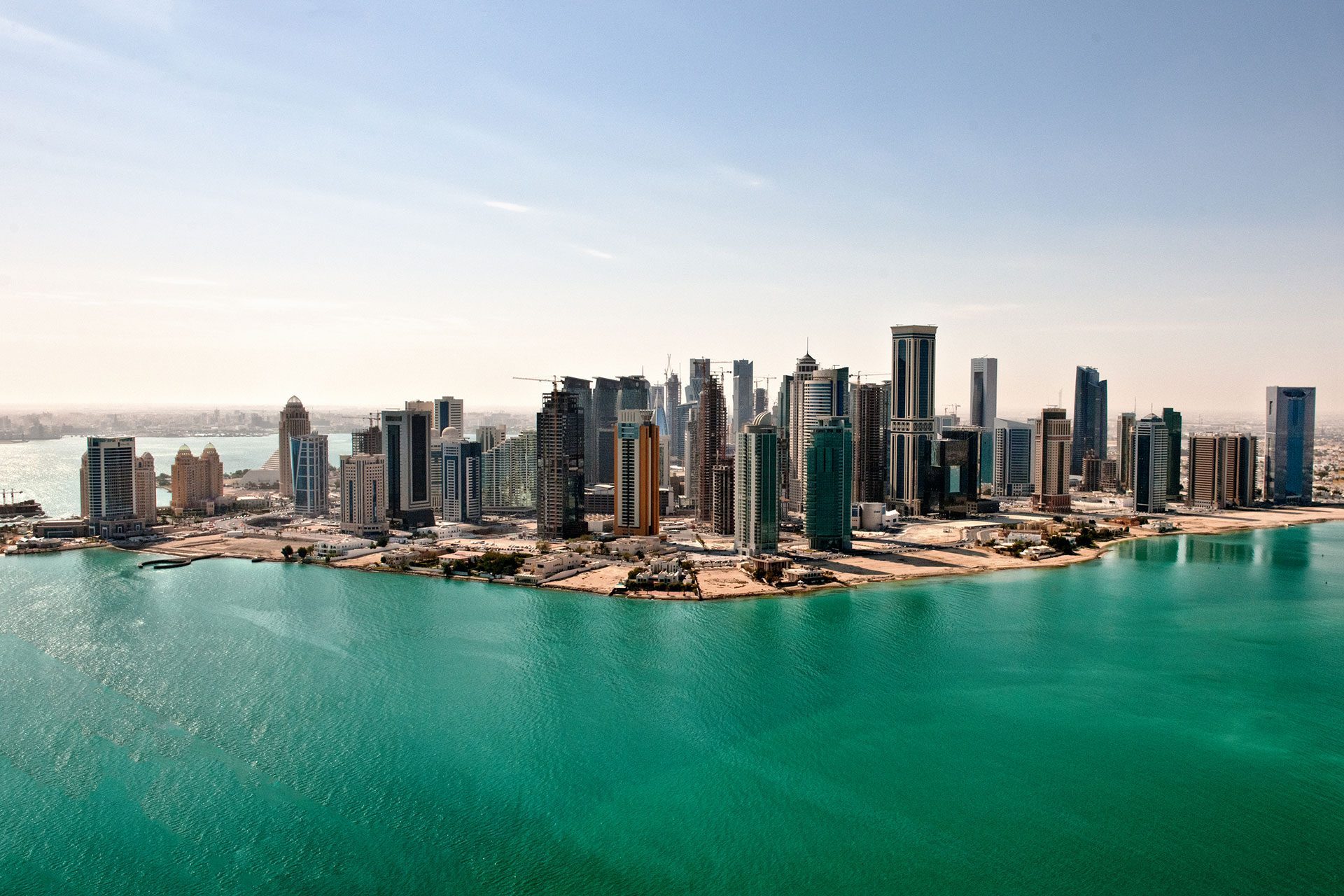The country is investing in Islamic finance and FinTech development
Qatar Financial Centre seeks to attract $25bn in foreign direct investments by 2022, CEO Yousef Al-Jaida told CNBC.
While Doha is in competition with United Arab Emirates’ financial capital, Dubai and up and coming Saudi capital Riyadh, it has an edge over its competitors with a push to develop Islamic finance and financial services, especially Financial Technology or, FinTech.
The financial centre’s ambitious FDI target — along with the goal of creating 10,000 new jobs and more than 1,000 companies by 2022 — will get a boost from the GCC detente, he said.
“From a QFC perspective, multinational corporations are pretty much based in the entire GCC, and it’s going to mean more liberal travel, more access to markets. It’s going to mean more foreign direct investment for Doha. So we’re very optimistic about that,” Al-Jaida added.
Read more: Qatar, Saudi hint at potential future investment opportunities
On January 5, the countries involved in a three-year Gulf dispute announced they would fully restore diplomatic relations after signing the Al-Ula Declaration during a ceremony at the annual GCC summit.
The declaration stipulated several collaborations, among them providing GCC citizens with the freedom of movement, investment, employment and equal opportunities in education and healthcare across the region.
The crisis was triggered in 2017 when Saudi Arabia, the UAE, Bahrain and Egypt severed all ties with Doha and imposed an illegal land, air and sea blockade over accusations it “supports terrorism.” Qatar has consistently and categorically rejected the accusations, saying the move against Doha was an attempt to strip it of its sovereignty.
The reconciliation means a stronger, more powerful Gulf Cooperation Council, according to the QFC Chief Executive.
“I think the impact is going to be positive on trade, which means countries are going to be working closely with each other,” he added.
Follow Doha News on Twitter, Instagram, Facebook and Youtube







